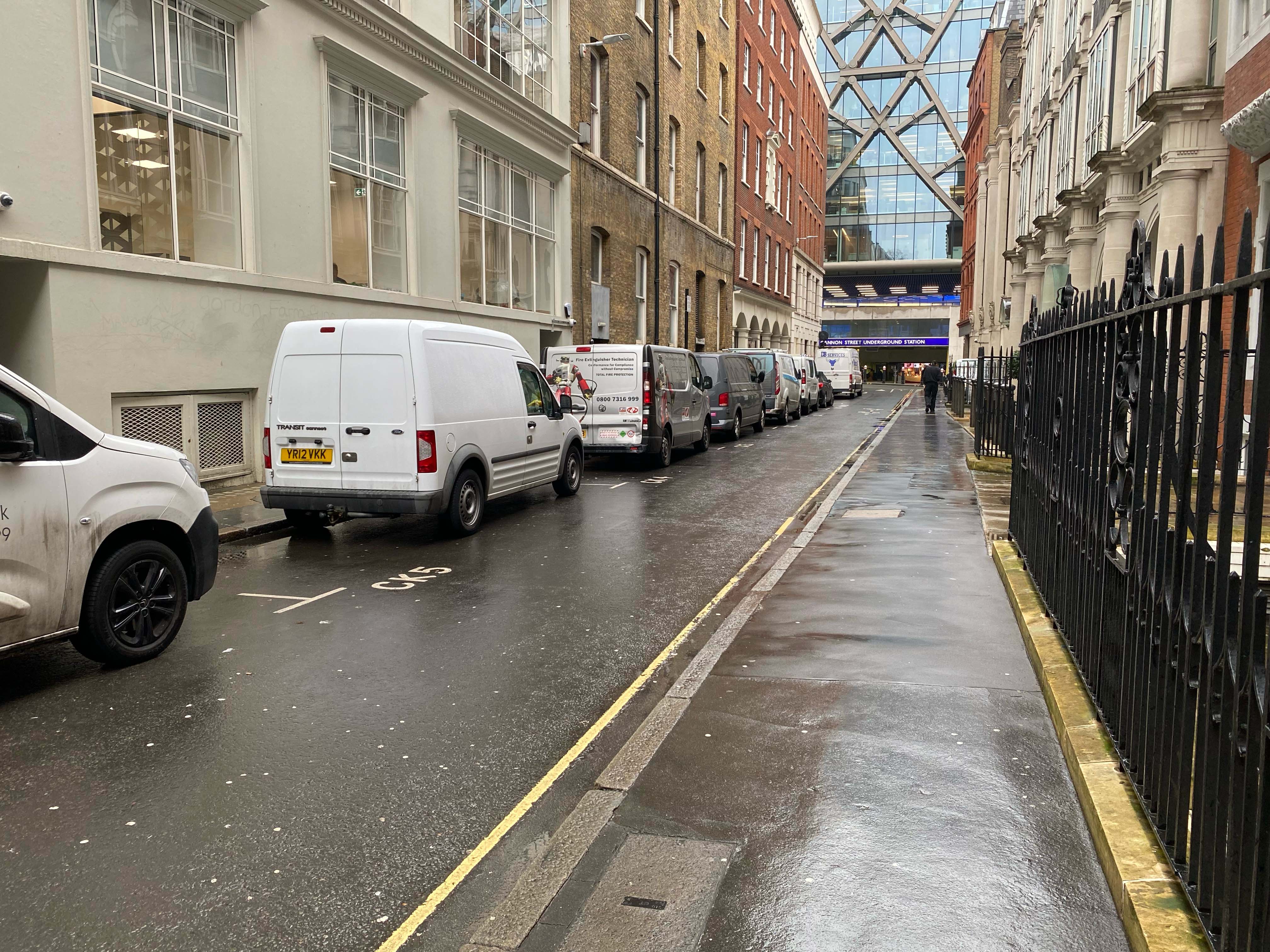How the ULEZ expansion affects small businesses in London
Why some small businesses will struggle amid the biggest 'stealth tax' to date
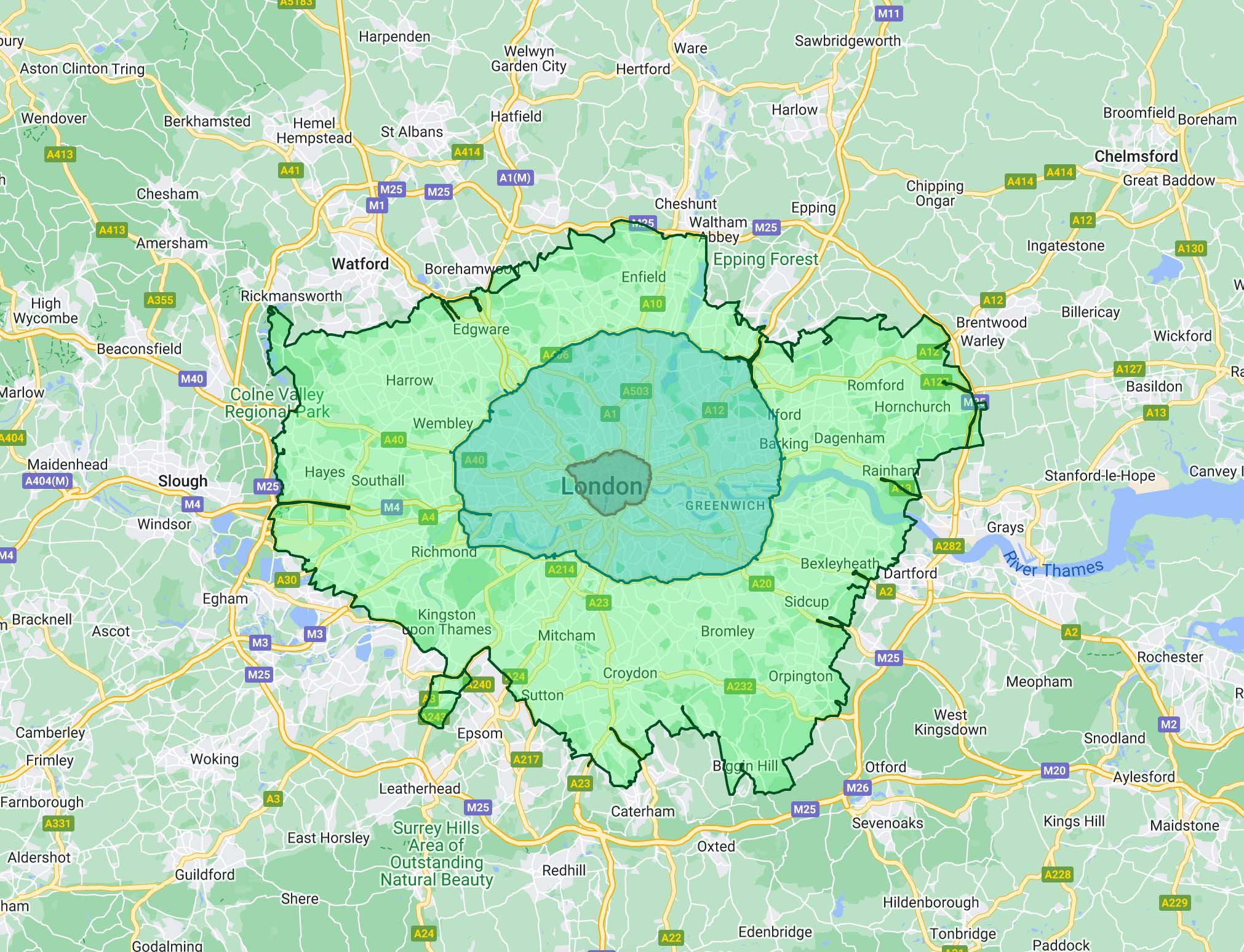
Small businesses make up 99% of London's population of organisations and provide 50% of the capital's employment, according to the Federation of Small Businesses. (FSB)
In 2021, they contributed £2.3 trillion to the UK's economy, making them a pillar for Britain's growth following the cost of living crisis.
Many in London and around the UK have survived through war, financial crises, social unease (as presented by market turmoil in summer 2022) and the COVID-19 pandemic.
In Greater London, however, they now face a new hurdle in the form of the Ultra Low Emissions Zone (ULEZ) which is due for its biggest expansion yet on 29 August 2023.
Petrol and diesel cars and vans will have to meet Euro 4 and Euro 6 emissions standards respectively, meaning the effect on small businesses which rely on these vehicles is profound.
The ULEZ expansion was first touted in March 2022 and is the brainchild of current Labour mayor Sadiq Khan. It promises to reduce the intake of harmful particulates for 5 million Londoners and prevent long-term health effects such as cancer, asthma and dementia. In its current state, it stretches between the North and South circular roads and has cut nitrogen oxide particles (NOx) by 46% in Central London and 21% in Inner London.
Cleaner air is coming to outer London.
— Mayor of London, Sadiq Khan (@MayorofLondon) November 25, 2022
Today I’m announcing that we’re expanding the #ULEZ London-wide in a move that will bring cleaner air to *5 million* more Londoners. Here’s why ⬇️ pic.twitter.com/nAWjTweJ6b
Cat McGovern is one of the Managing Directors of First Choice Marshalls, a 35 year-old firm of 14 employees which sends engineers all around the capital to install and maintain commercial white goods. It's a successful business and has worked with clients such as Claridge's, Beachcroft House care home and The Ralph veterinary referral centre.
The majority of the organisation's engineers are remote, meaning they have to drive to their jobs using vans.
Mrs McGovern's organisation, despite being based outside the proposed ULEZ expansion, had to budget £24,000 for deposits on new vans to make its fleet ULEZ compliant, making the situation "really quite difficult". On top of this fee, financing for each of the seven vans used by FCM costs the business between £500 and £600 a month, resulting in an additional monthly expenditure of at least £3,500.
She admits that cashflow is "extremely" important and any major change in it "has to be given as much attention as possible". As a result of this, she added the firm's finances are in a "much worse" state.
Mrs McGovern added her personal thoughts, saying "I think the expansion needs to be rethought. I understand the congestion charge and ULEZ in Central London because that's where the most congestion and pollution is. But out in the different London boroughs the emissions are nowhere near those levels. I think it's an unnecessary money-making exercise and I don't see why it should come out as far as it is. To me, it looks like the government is trying to recoup its losses from COVID-19 pandemic and now our business is suffering."
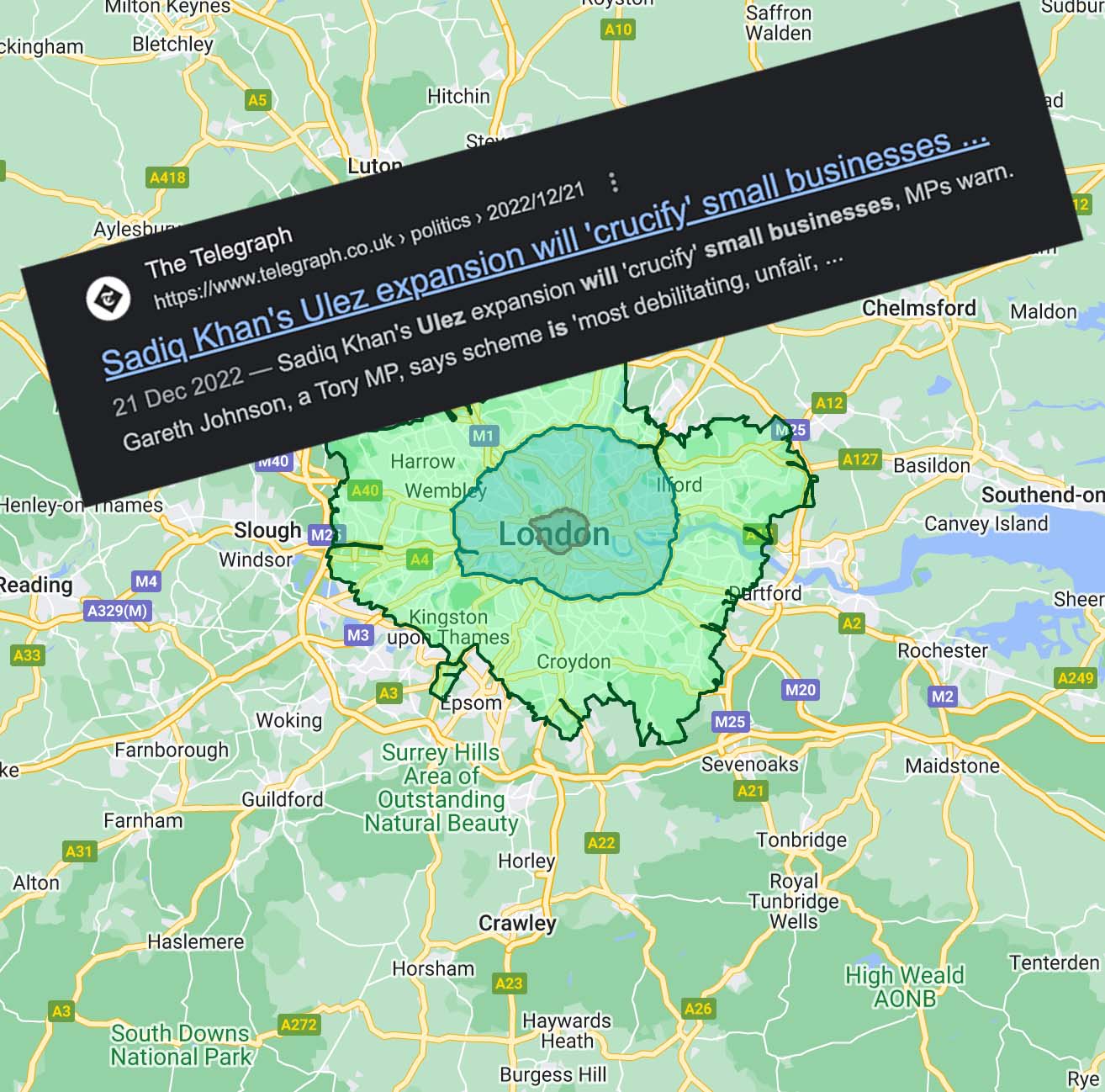
Map by Transport for London (TfL)
Map by Transport for London (TfL)
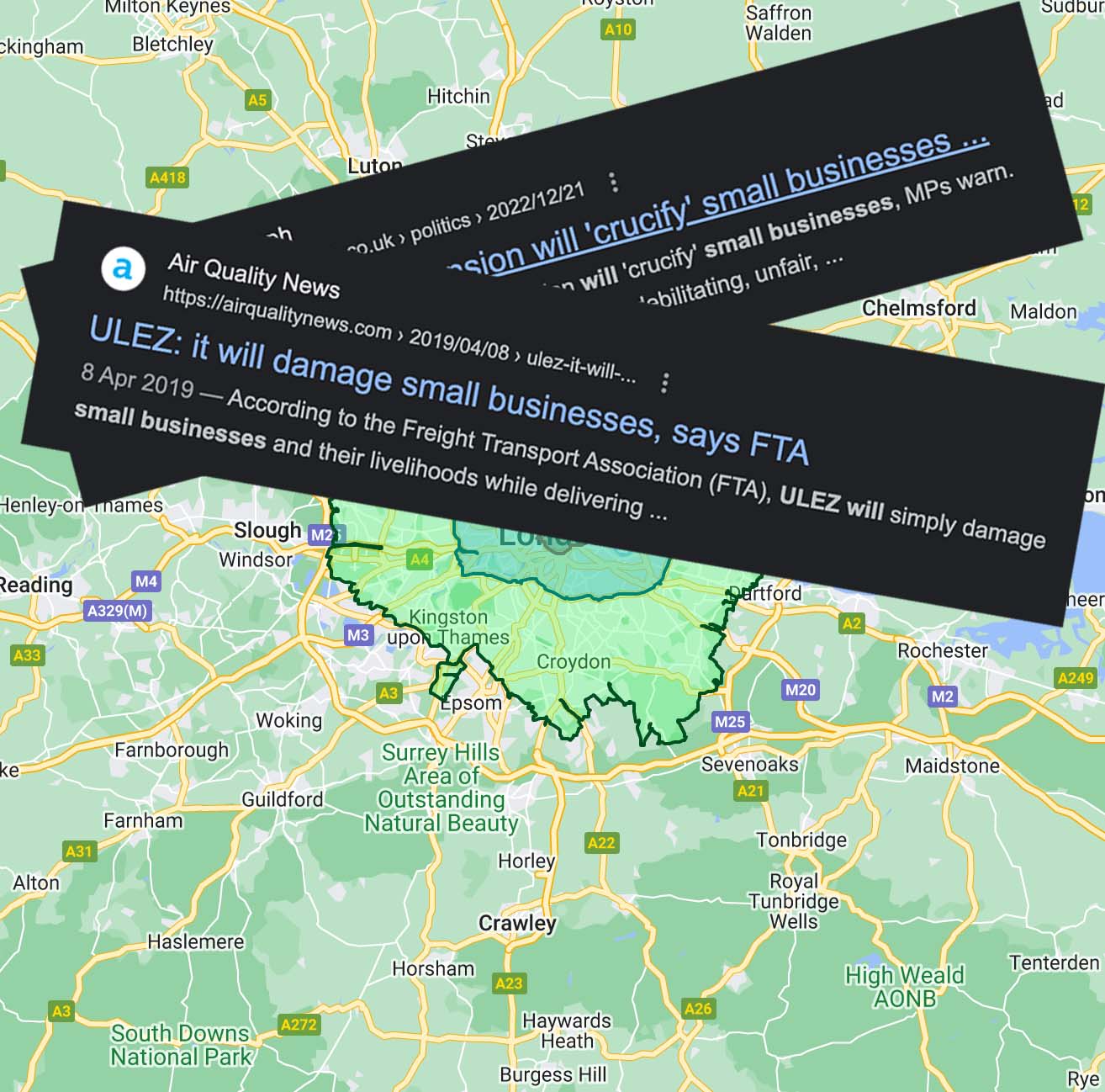
Map by Transport for London (TfL)
Map by Transport for London (TfL)
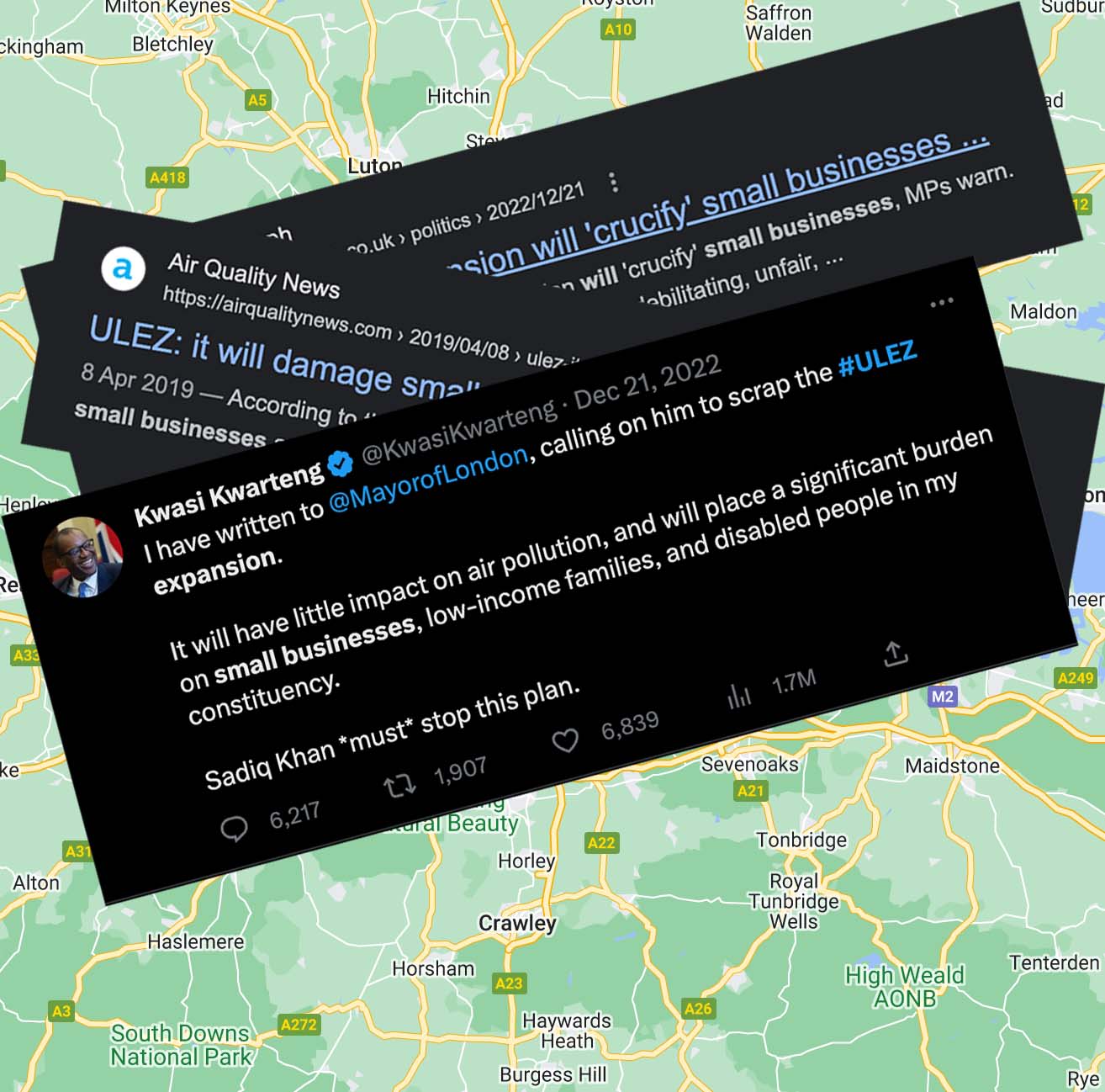
Map by Transport for London (TfL)
Map by Transport for London (TfL)
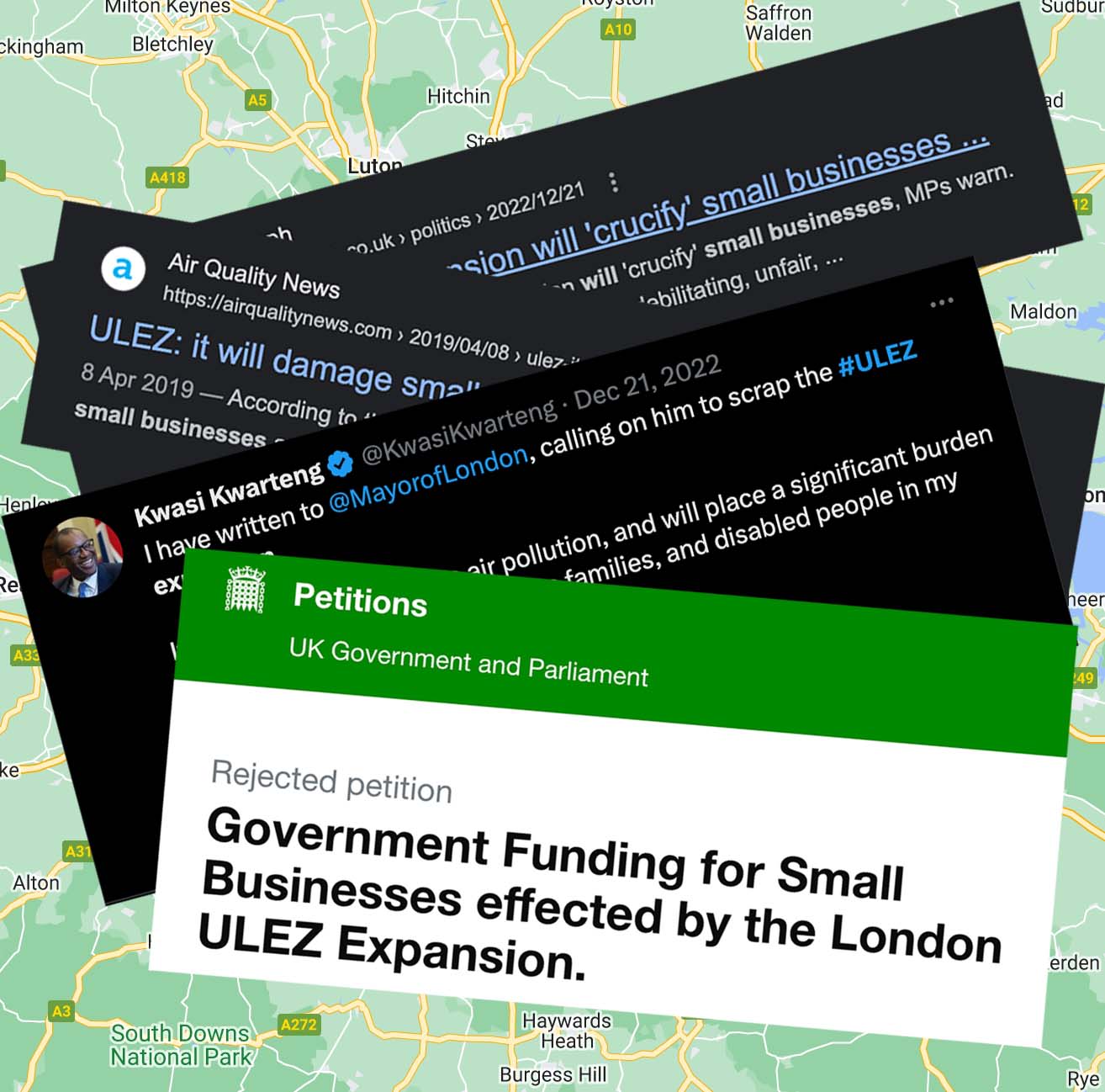
Map by Transport for London (TfL)
Map by Transport for London (TfL)
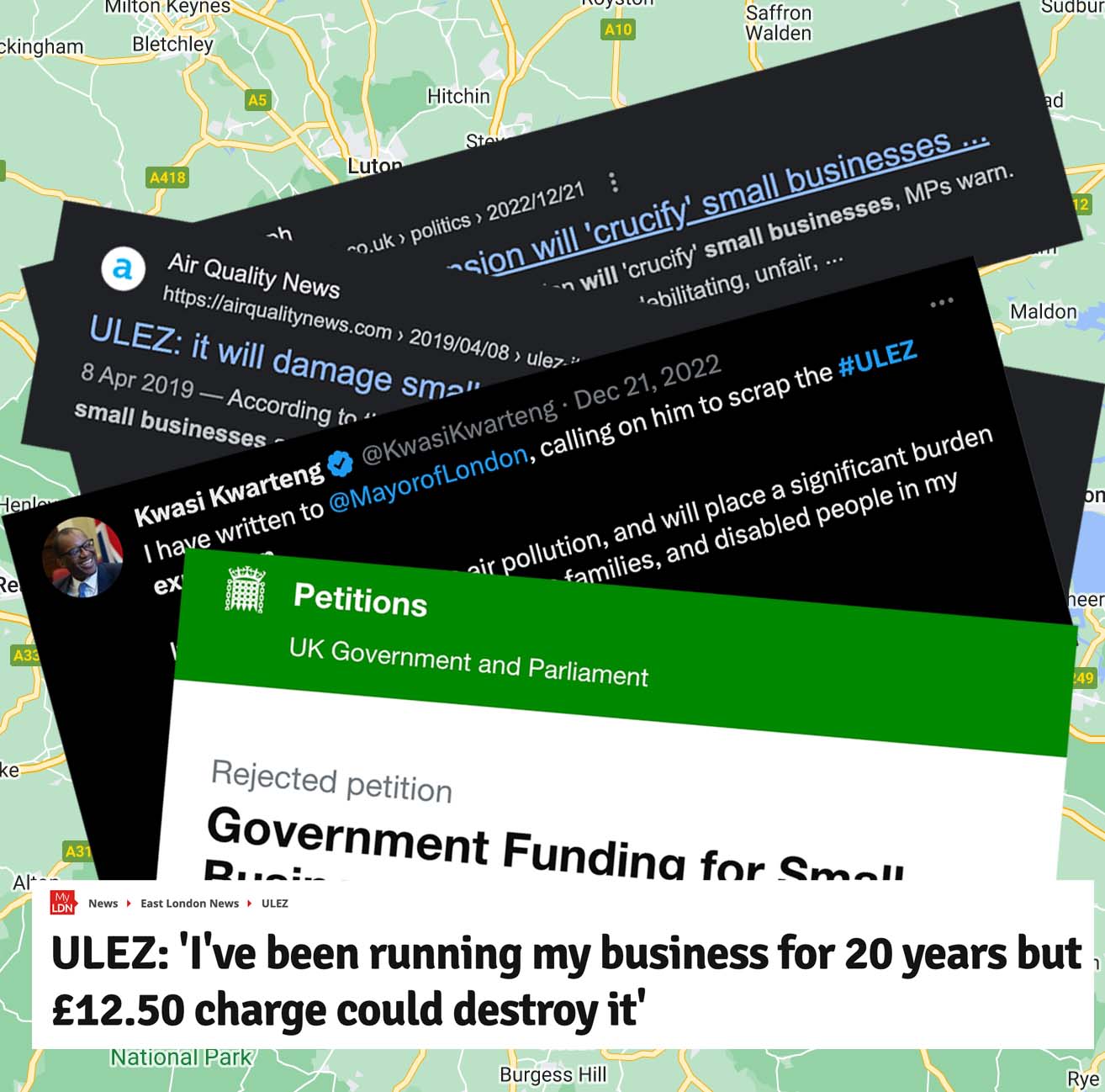
Map by Transport for London (TfL)
Map by Transport for London (TfL)
And it's not just FCM in High Wycombe that will be affected...
Kevin Bird from Birds Auto in Iver expects there to be a "wasteful" migration of polluting cars away from the city centre
The Secret Wedding Studio in Upminster, near the edge of the ULEZ boundary, may have to raise its prices and is concerned customers will no longer use its services.
The Secret Wedding Studio, Upminster
This is an independently-run wedding boutique run by Karen Barney, in business for 20 years as a trained designer. Ms Barney said: "I don't think they (customers) will bother (to come) because if they're coming from outside the borough they're just going to be charged an additional fee. I might also have to put prices up, even though I don't want to. I'm a one-man-band and my bills are getting more expensive with the cost of living crisis, for example my electricity has more than doubled."
Ms Barney's business is based in the Essex countryside where there is no access by public transport, meaning customers must use their car to reach the business. She said: "I really think it needs to be rethought. I did the consultation last year and the questions felt loaded. It seems to be getting done too quickly and is not giving people time to get new cars."
Adding her personal thoughts she said: "It really affects your mental health because it's something I'm constantly thinking about. It worries me.

Birds Auto, Iver
Kevin Bird is the technical director of Birds Auto, a tuning and servicing company specialising in products from BMW. Mr Bird said: "We all recognise the need to reduce tailpipe emissions, both particulate matter and CO2, but I tend to believe tailpipe emissions are less significant than in the production and destruction of cars. Both are extremely wasteful of both energy and materials. Surely reliable and durable used cars are best for the environment?"
His firm may now miss out on the opportunity to fix "perfectly serviceable" cars that owners "are now forced to sell into a market that has been changed because of government action in the form of a ULEZ expansion."
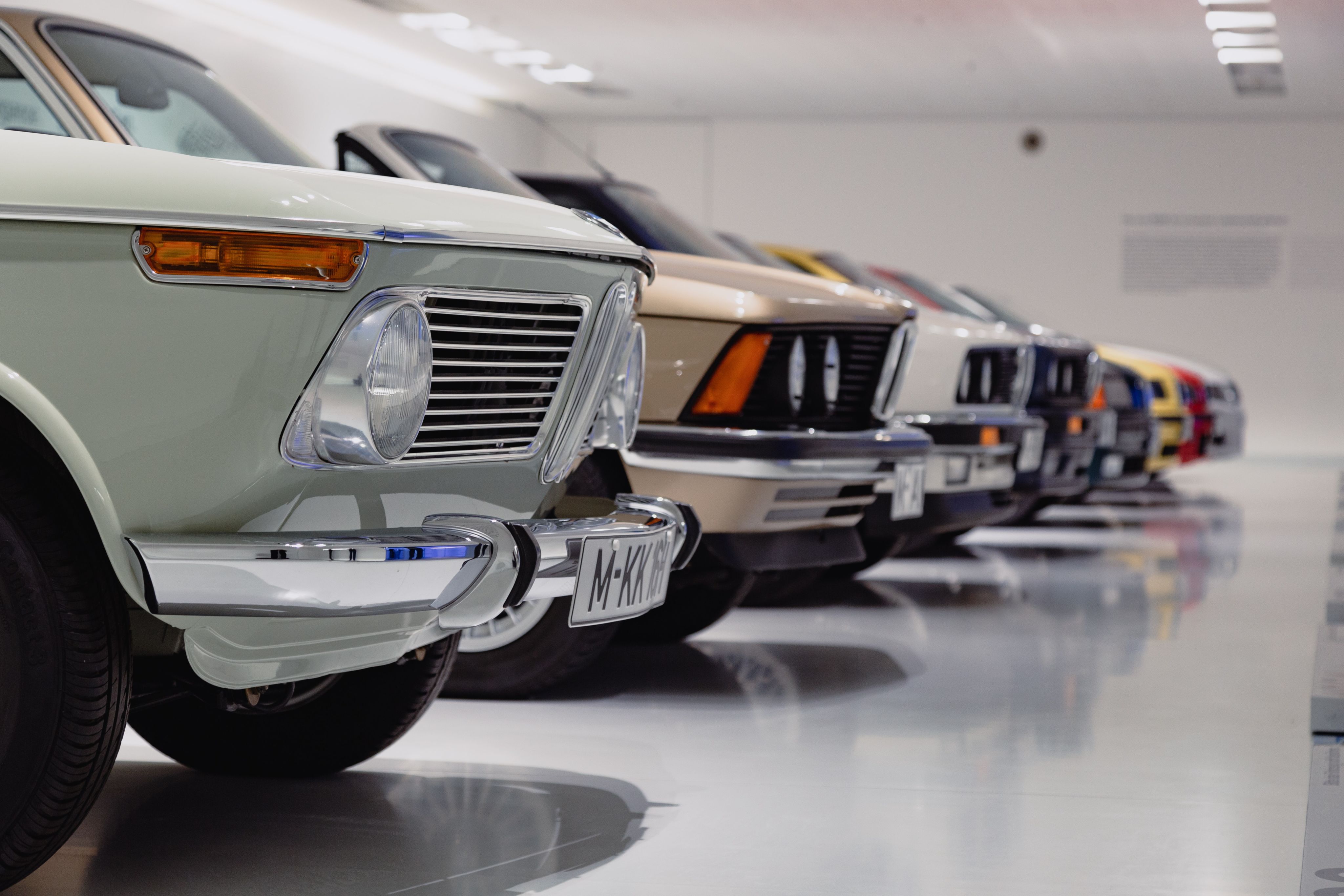
"Given the cost of living and cost-of-doing-business crisis, the timing (of this expansion) is awful and it wasn't in the Mayor's manifesto. You've got businesses in the cleaning sector, construction sector and freight sector who are trying to get up off their knees from COVID-19, the energy crisis and so on. To bring this in, at this time, is very hard to swallow."
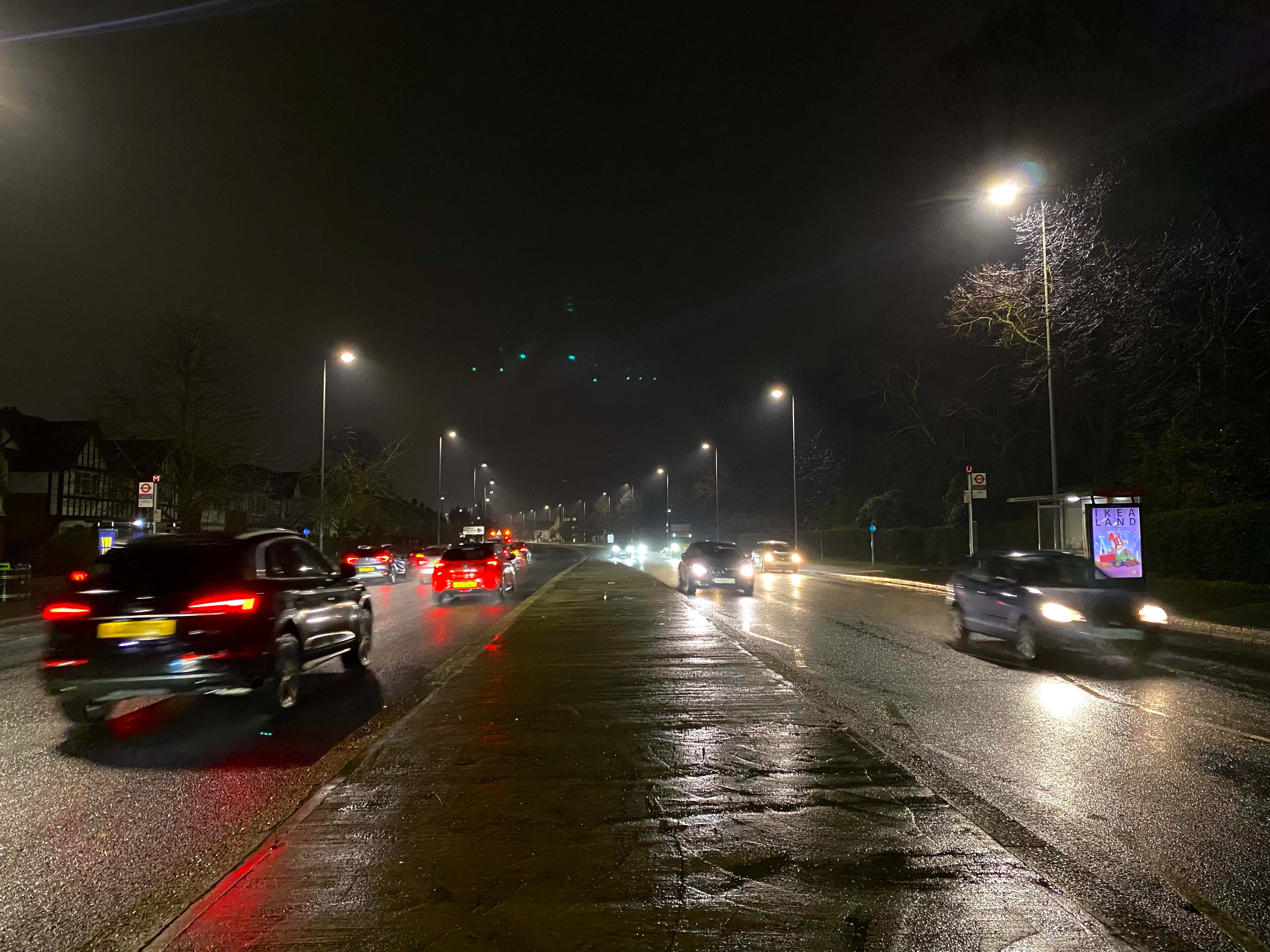
Matthew Jaffa works with the London branch of the Federation of Small Businesses. He explained that before the previous ULEZ expansion, small businesses were given a lead time of around four and a half years to prepare, which was largely seen to be acceptable. To prepare for this summer, however, they were given a year and a half.
Given the cost of living crisis and cost-of-doing-business crisis, Mr Jaffa explained how this is not enough time as small businesses are "really up against it".
The cost-of-doing-business crisis mirrors what consumers are experiencing regarding the cost of living crisis. Geopolitical issues such as the war in Ukraine have caused energy prices to skyrocket, with the economy's inflationary response exacerbating issues. Research from the British Chamber of Commerce found that, out of the 1000 sampled, three in four UK firms have considered raising prices to compensate for rising operating costs.
The costs associated with ULEZ and its expansion may only serve to exacerbate these issues, with it being widely regarded as a 'stealth tax', a levy which the payer is unaware they are carrying the burden of.
Mr Jaffa gave examples of several organisations who are members of the FSB (but could not be named) currently going through difficulties exacerbated by the expansion, for example a West London-based organisation in the freight sector with four employees, three of which had non-ULEZ compliant vehicles. As a result of the organisation not being able to pay for compliant vehicles, the employees could no longer work for it.
Another organisation called CF&MC Stear, found by the Surrey Comet, had to close its doors after 60 years in business due to the £100,000 cost of replacing non-compliant vehicles on which it depended. Its owner, Martyn Stear, was concerned about the cumulative cost of the £12.50 daily charge.
Between 17 June and 11 July 2022, FSB sampled around 600 small businesses, 77% of which were based in London. The findings of this research are presented below:
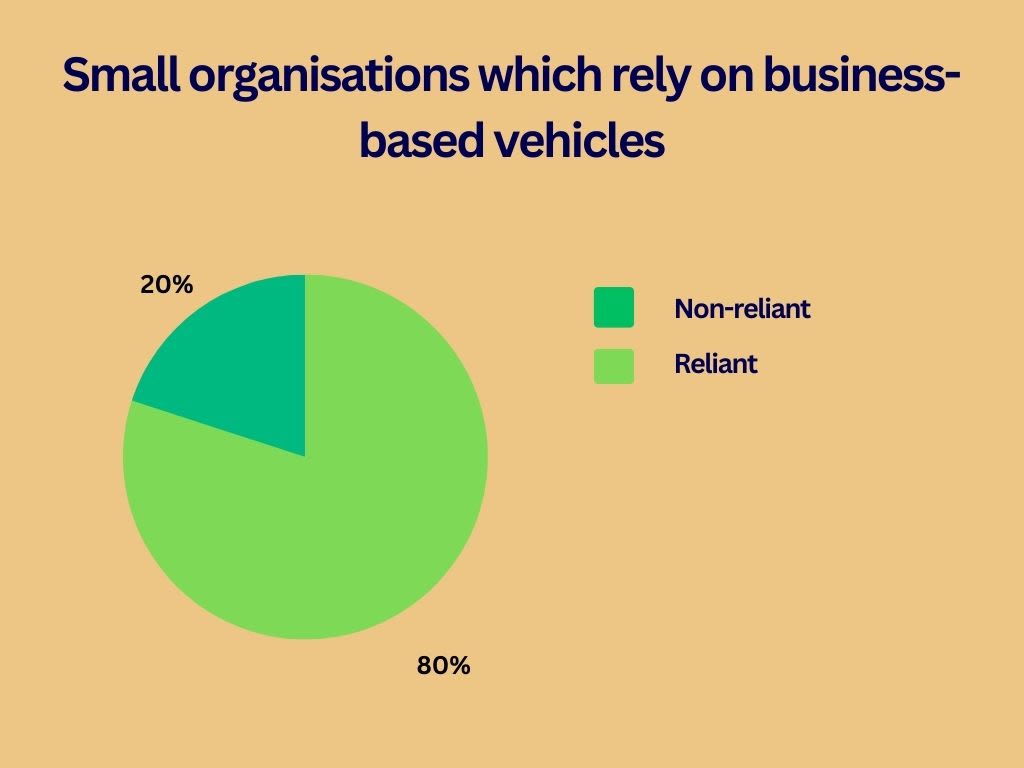
Source: FSB
Source: FSB
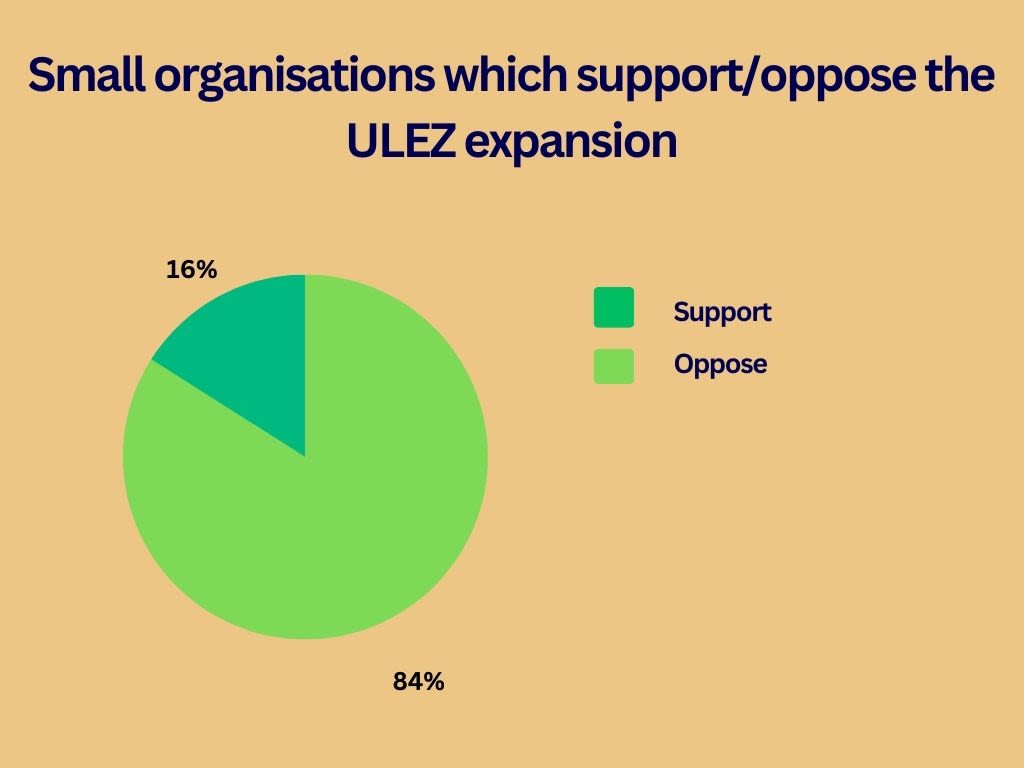
Source: FSB
Source: FSB
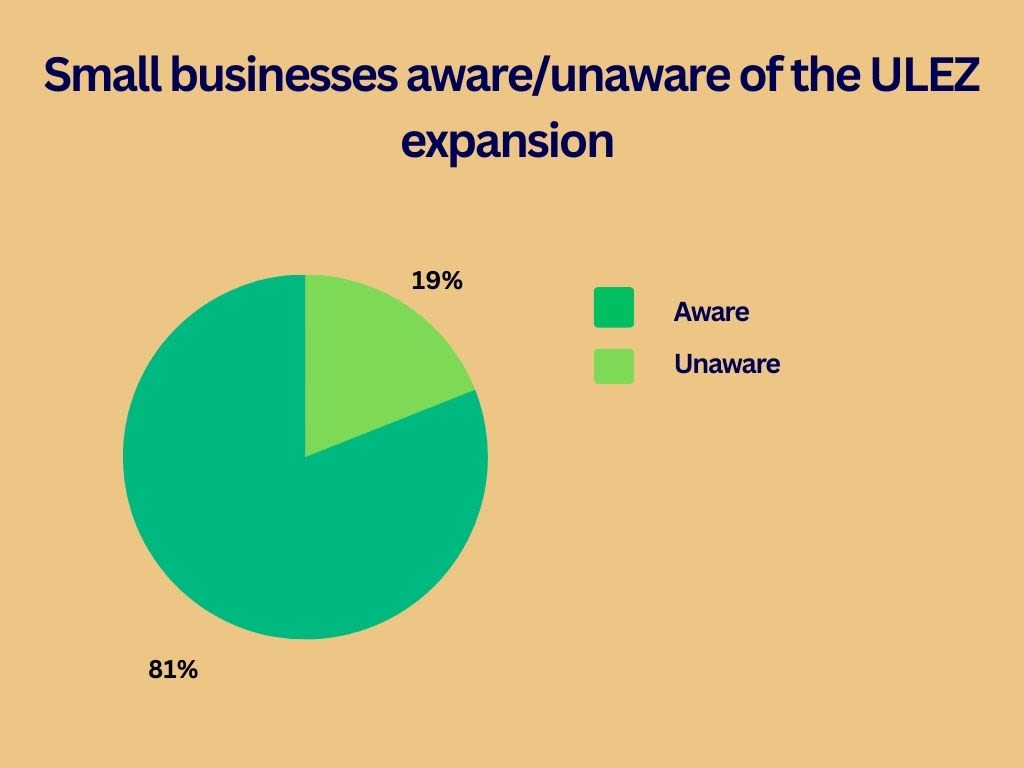
Source: FSB
Source: FSB
It was also found that 30% agreed to an emissions-based road pricing system in lieu of the congestion charge or ULEZ.
The £110 million scrappage scheme, mentioned by Mr Jaffa, is available to those with non-compliant cars and provides them with money toward a new car or retro-fitting their current car to meet ULEZ standards.
As reported by Autocar, microbusinesses with ten or fewer employees may be eligible for a payment between £5,000 and £9,500. However, they must not have received a grant under the previous ULEZ expansion in order to qualify for this.
A budget bank account may also serve to ease the burden on struggling small businesses. Mr Jaffa said "Instead of just having that £12.50 disappear, why shouldn't it be used to the organisation's advantage through a vehicle company that has been authorised by the mayor, for instance, that allows the business to buy cleaner vehicles? These are the kind of proactive things we need to see the mayor doing."
Only time will tell as to what the impacts of the proposed ULEZ expansion will be on small businesses across London, but many are still worried about the future.
Credits: Scrollable map of London - Google
